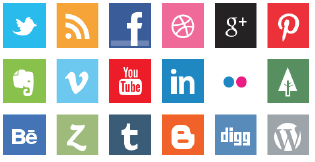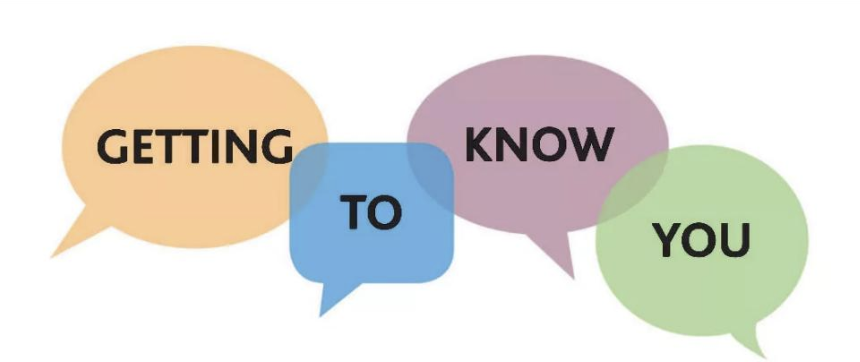Responsibly using social media to start and progress your career
 By: SABREE BLACKMON
By: SABREE BLACKMON
Copy Editor
Did You Know?
With the expanding role of social media in our day to day it has become increasingly important to manage our online face. Friends and family aren’t the only ones who are able to see that embarrassing photo of you at a party last week – these things are often by default publicly searchable.
Potential employers regularly use social media tools to find potential employees. They also, much to the chagrin of workers rights organizations, have been using online profiles to screen applicants and to monitor current employees outside of work. Even college admissions offices are now looking at your social media presence and some notably have denied admissions because of unsavory tweets according to Natasha Singer of The New York Times in her article, “They Loved Your G.P.A. Then They Saw Your Tweets.”
While your online presence can sometimes be used against you, you can also use it to your advantage. You can use social media profiles to showcase your interests, accomplishments and your future aspirations. You can in effect build a tightly controlled online brand that allows you to put your best foot forward online when someone decides to go searching for you online.
Do’s:
• Periodically search your name in quotes on the major search engines – comb through the search results meticulously.
• Use your real name as your username in online communities and forums so your posts are searchable.
• Periodically check and set privacy settings on social media sites like Facebook as they change regularly.
• Use strong, randomly generated passwords and a secure password manager like LastPass to prevent account hacks.
• Change your default post privacy settings on Facebook and Google+ from “Public” to something more limited.
• Regularly check photos and posts in which you are tagged by friends.
• Keep particularly personal and professional profiles separate – this includes using different emails and usernames.
• Use tools like fashwa.sh to cleanse your onlines profiles of potentially embarrasing material you may have forgotten about.
• Use public privacy on Facebook and Google+ posts and events you wish to highlight.
• Use career oriented sites like LinkedIn to build professional profiles and participate in the online forums relevant to your future career.
• Join professional societies, like the Institute of Electrical and Electronics Engineers (IEEE) and The Society of Professional Journalists (SPJ), and display your membership on online profiles and your resume.
• Become an online resource and build a following early on – post useful links and content to Twitter or a personal blog.
• Use internet privacy tools like Ghostery, NoScript and AdAway to prevent sites and phone applications from tracking your internet habits.
Don’ts:
• Use Facebook or Google+ login for 3rd party sites or applications unless you absolutely trust them. This includes online games and phone applications.
• Assume that having no online presence is better than a bad one – many industries, like tech and the creative arts, depend on social media for finding qualified people.
• “Like” things or join Facebook groups that you don’t want your friends and family knowing about.
• Use the internet as your political soapbox unless you are willing to be judged by people who may not agree with your positions.
• Think anonymous truly means anonymous – almost all things you do on the internet can be tracked back to you without much effort.
• Falsify information in online profiles. Conflicting information about you online can raise flags.
• Use the internet to attack others or to post inflammatory and offensive speech.
• Wait – start utilizing social media to your advantage now. Creating a brand takes time – have the edge before you graduate.
Information gathered from: Hackcollege.com, Rueters.com, Lastpass.com











